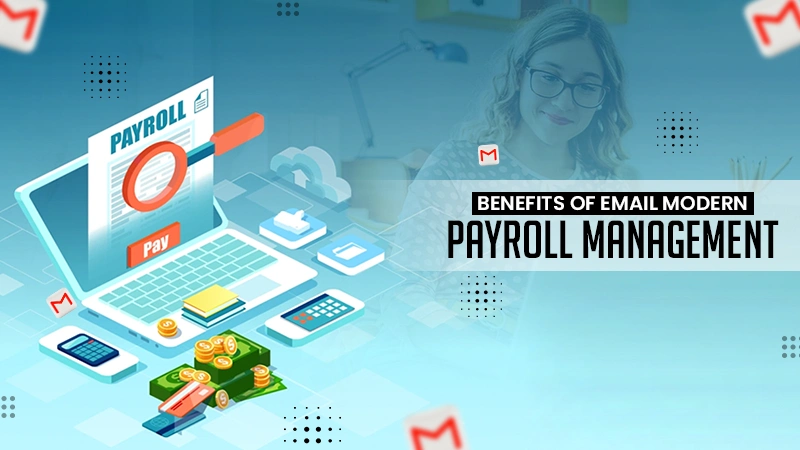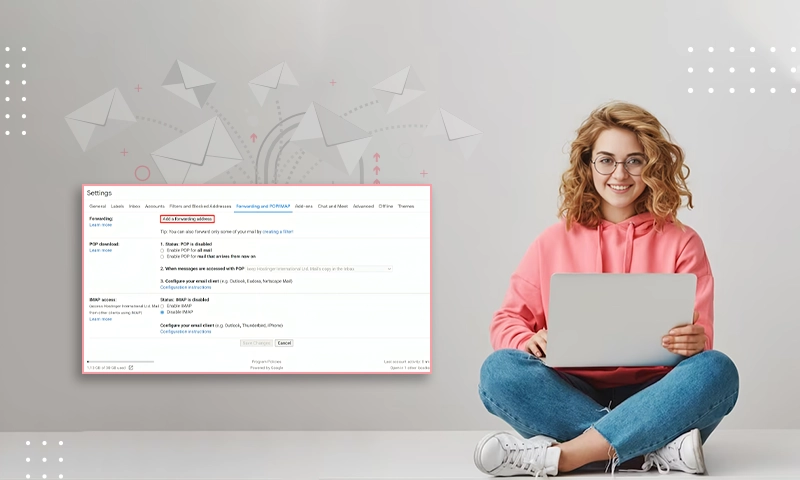The Real Value of Private User Data
The modern digital environment is obsessed with information collection, and for many good reasons. Our means of data sharing, transmission, and communication are the primary factors of progress. The reachability of potential knowledge creates an abstract foundation for revolutionary inventions, products, and business ideas that propel us forward into a more convenient future.
When we address the accessibility of information on the internet and the means to collect and use it, the value of data is at an all-time high. Businesses use web scrapers to extract public information from competitors, while social media platforms take a step into the extreme by collecting private user information without transparent disclosure.
Also Read: Benefits of Virtual Private Network
This results in an obsessive, sometimes inhumane goal to collect our information. Businesses that possess a lot of private user data no longer treat clients as customers but as products. Once analyzed, collected information can be used to develop social media networks to prey on addictive behavior and increase usage time, or simply sell acquired data to third parties.
While looking up applications of web scraping and potential use of collected private information, I stumbled upon a data set of LinkedIn profiles, which got me wondering: if an employer can use data extraction to quickly find the most suitable match for hire, what is the real value of our data? How hackers can profit from our passwords, e-mail, and IP addresses, and how much value do tech companies get from our social media profiles?
In this article, we will try to evaluate the real value of a person’s data: the value of a social media profile, how much their passwords and other sensitive information is worth to hackers and other third parties. We will also talk about the ways to minimize data exposure by reducing your digital footprint. Proxy servers are one of the main tools that help preserve user privacy. By connecting to a US proxy, you can redirect transmitted data packets through an intermediary server and mask your IP address and geolocation. The best US proxies come from legitimate providers, and we do not recommend using suspicious free proxies available online. However, while having a US proxy will improve your privacy, every connection leaves a part of you on the web. Let’s focus on the value of data, should you sell it, and how to minimize your digital footprint.
The Value of a Social Media Profile
Social media platforms are the main benefactors of your data because they handle your profile. Years of traffic, messages between friends and colleagues, liked pictures and profiles – everything can be summed up to rebuild large portions of your life with private excruciating detail.
The biggest companies in social networking have estimated the value of an average user to be up to $1,000, but there is no way to pinpoint the real and potential worth of your account. The growth of a social media platform will also influence the worth of profiles and opportunities to sell user data to companies that may generate a lot more value from it than the user ever anticipated. The obsession with data on the web makes it an extremely valuable resource, which makes businesses look at clients and their profiles as products instead of customers.
The Worth of Private Data to Hackers
Cybercriminals have many ways to reach private user information that differ in difficulty and achievable results. While most collectible data that can be extracted from social media platforms is abstract and requires a lot of analysis to siphon any value, hackers tend to go for precise valuable information: passwords, hackable accounts, medical records, and identity theft.
While the value of passwords can vary depending on the targeted profile, the main treasures of private user data are ID documents and bank accounts. The value of an ID can go up to $100 and higher, while the worth of bank accounts fluctuates depending on their value.
Is It Worth It to Sell Your Data?
Selling your private data can be an appealing alternative surrounded by quite a lot of controversy. Since tech companies and third-party advertisers already prey on our data, why should we put up with the charade if we can sell our information?
In most cases, the offers you get for the knowledge provided are abysmally low compared to the value advertisers and other clients can get from it. In addition, exposure to private data can negatively affect your future browsing experiences. Instead of selling your information for cheap, minimize your digital footprint. Internet users in Europe often use a US proxy to hide their location and skew the predictable patterns of online browsing. Minimize unpredictability and do not sell yourself for cheap. Other ways to achieve these goals are the usage of user-agent browser extensions and minimizing interactions with social media networks.
The value of your private information depends on your perspective. While it is your choice what you want to do with your data, it is usually not recommended to give it up so easily. You are sold for cheap, while data itself is much more valuable both to you and potential clients. Exposure to private information can sabotage an individual’s life in numerous ways, so seeking the means of protection will help you protect the most valuable, sensitive data and ensure your well-being in modern society. For you, your personal information loses its value the minute it is exposed to a third party. While complete privacy is rarely achievable, it is a much better choice than complete vulnerability.
Share














